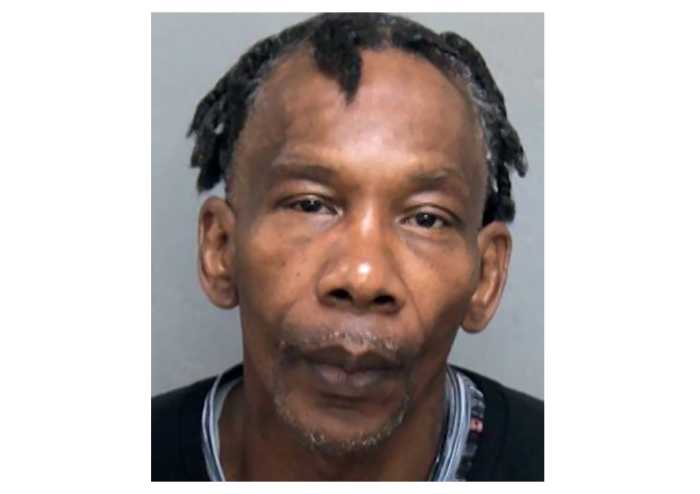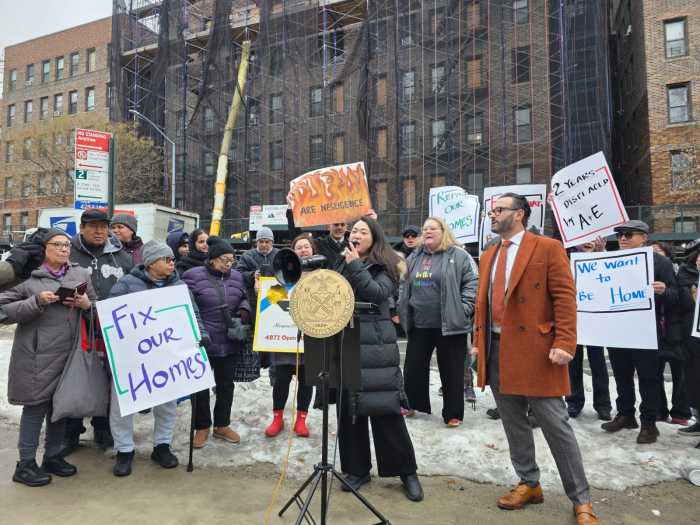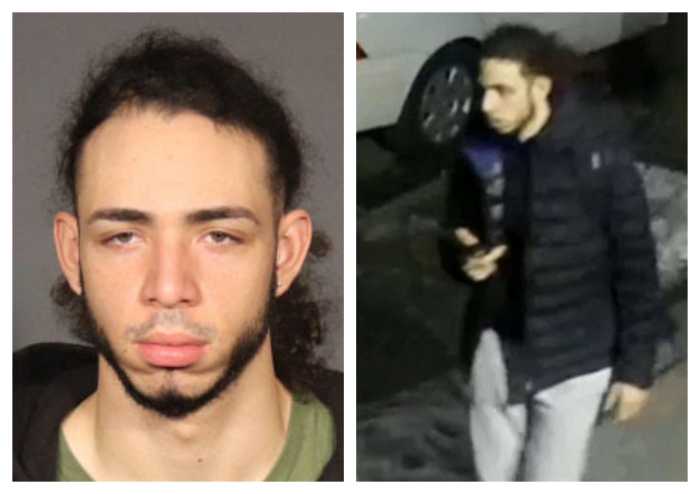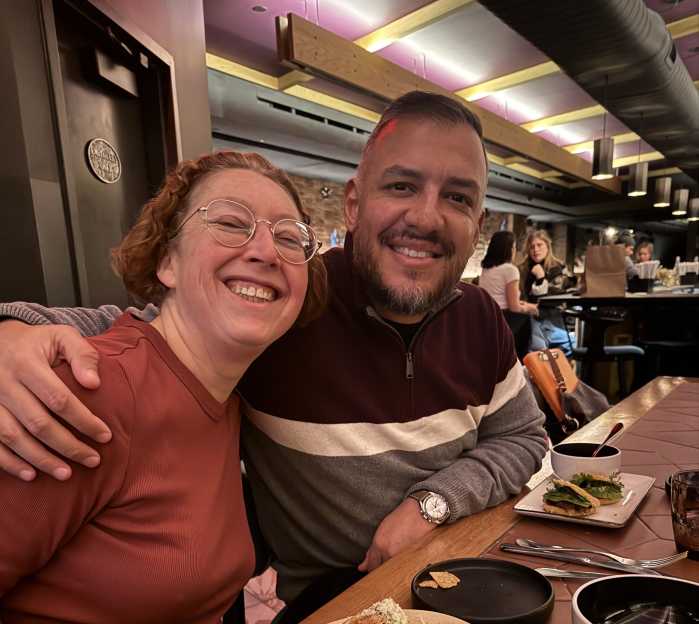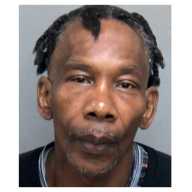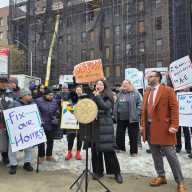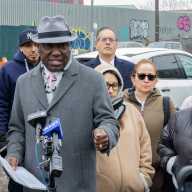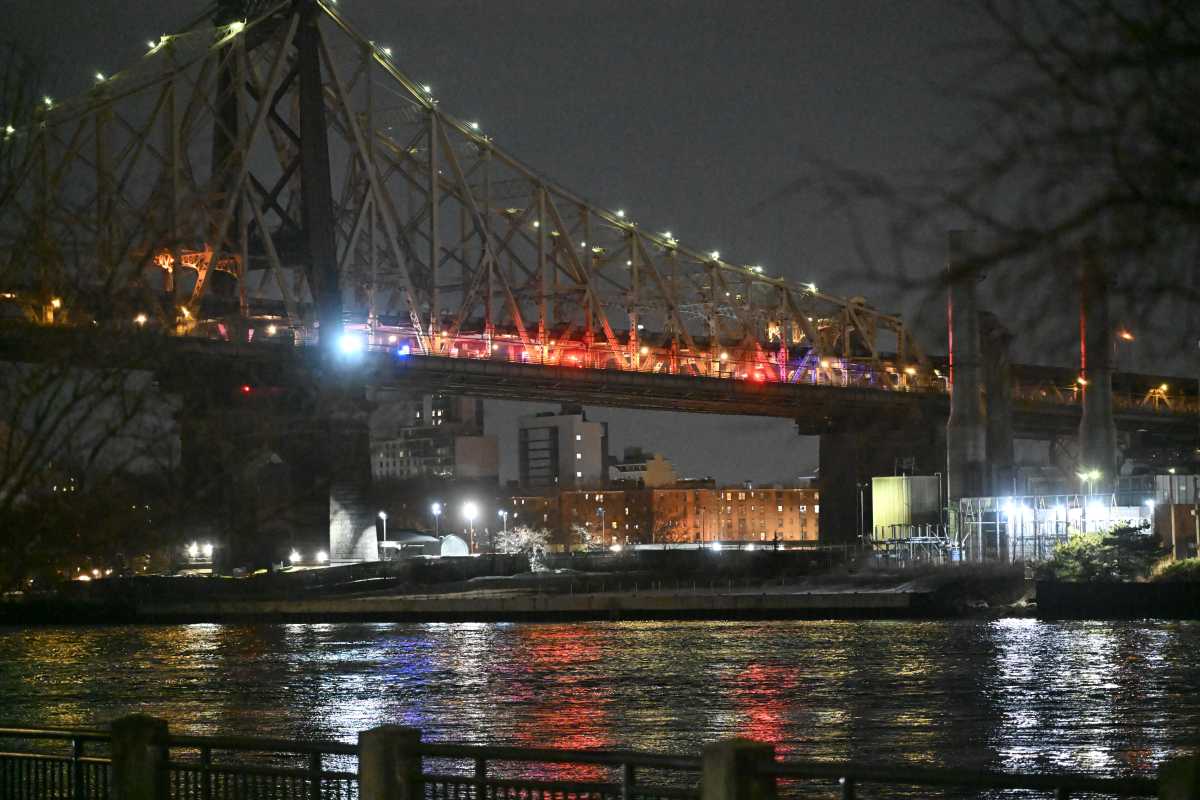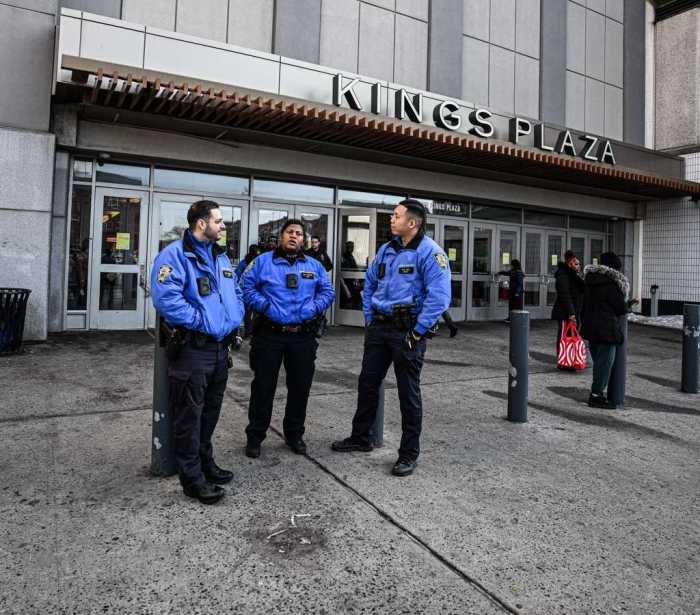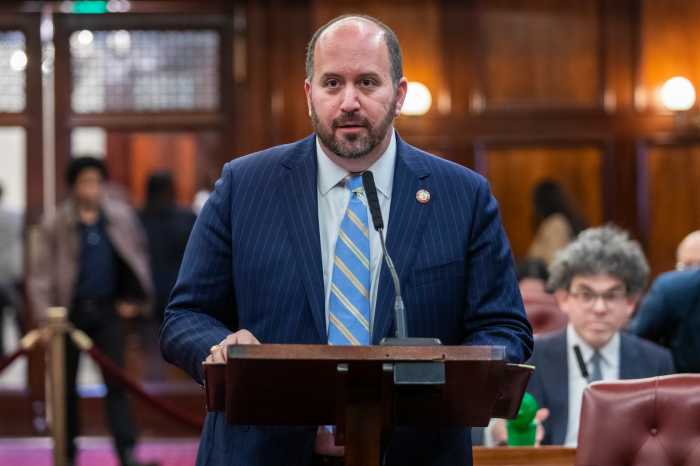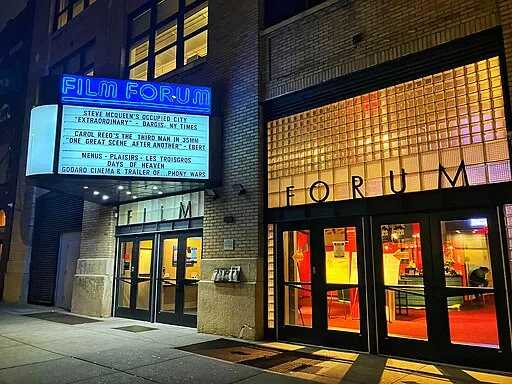By Juan Soto
Community Board 11 wants to honor the Matinecock Indian tribe that lived around Northern Boulevard and Little Neck Parkway and was pushed out about 80 years ago when the city began to widen Northern Boulevard.
The board approved unanimously naming the intersection at Northern Boulevard and Marathon Parkway for the Matinecock tribe, a native American people that lived in the area for centuries, during its November meeting Monday.
Land that was transformed into additional lanes for one of Queens’ main traffic arteries is said to be a Matinecock burial ground.
“I think it is a wonderful idea,” said Mandingo Osceola Tshaka, a Matinecock descendant. “All that land is Matinecock land.”
When the city widened Northern Boulevard, it removed the Matinecock burial ground and relocated it at the nearby Zion Episcopal Church’s cemetery.
“The city took the remains of the people and removed them to the Episcopal church,” Mandingo said. “I think co-naming that corner is the right thing to do.”
He said the tribe “was doing very well until the Europeans came, especially the British and the Dutch.” He pointed out that “all that land, it was just stolen from us.”
Now City Councilman Paul Vallone (D-Bayside) has introduced legislation in the City Council to get the final approval to name the Little Neck intersection to honor the Matinecock tribe.
“I am proud to fully support the honoring of the Matinecock people with this street renaming,” Vallone said. “I look forward to submitting the required legislation and hosting a street renaming ceremony next summer as we finally pay the long overdue recognition to the Matinecock descendants and their ancestors who hold an important place in our neighborhood’s history.”
During the meeting, the board also updated the neighbors on the homeless shelter controversy. The board members confirmed that the city Department of Homeless Services assured them Bayside “at this time” is not on the map of the city agency to install an emergency homeless shelter.
“They refuse to tell as the locations, but some are around Bayside but not in Bayside,” said Christine Haider, chairwoman of CB 11.
Also, the Open Sewer Atlas NYC Project presented a study about the impact of water and how the city’s sewer system works. One of the objectives of the program is to assist in the improvement of water and stormwater management.
“We are trying to create better water quality,” said Korin Tangtrakul and Josh Eichen, from Pratt Institute’s Systems Management Program. Some projects geared toward achieving that goal include installing water barrels in homes to use water from the rain and planting native vegetation in backyards.
Reach reporter Juan Soto by e-mail at jsoto@cnglocal.com or by phone at (718) 260–4564.

